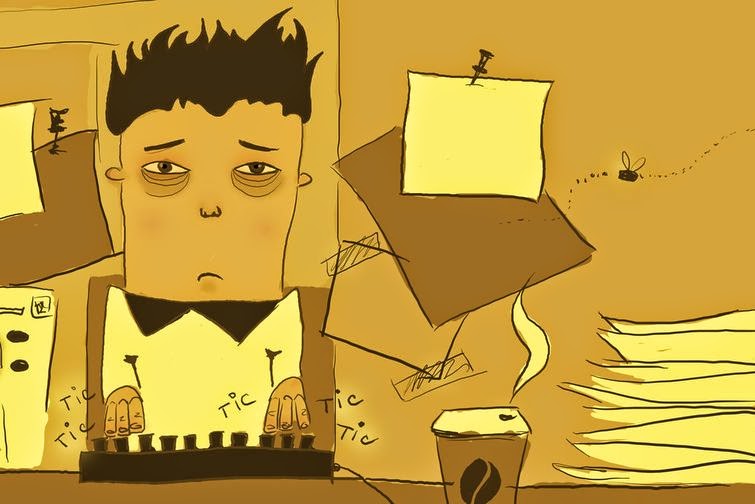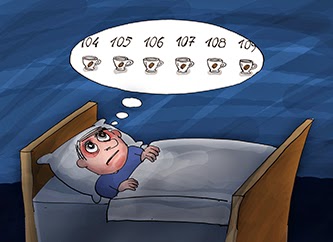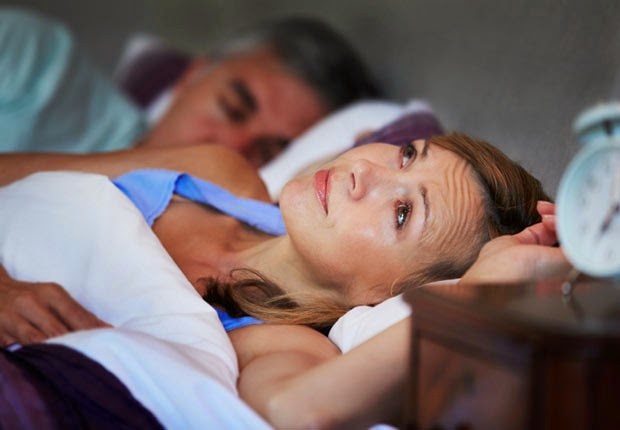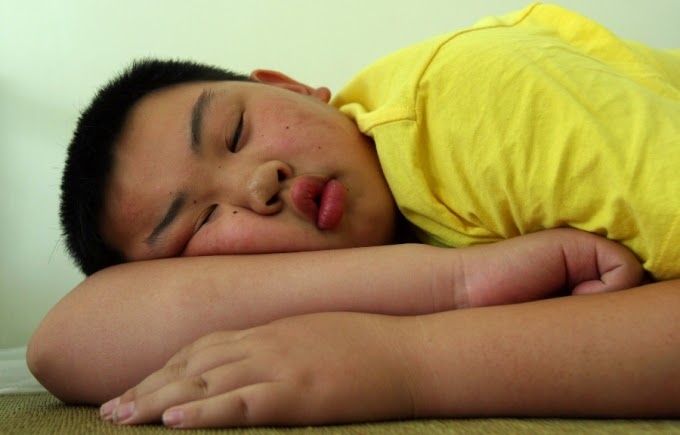Why We Eat Too Much When We Don’t Sleep Enough.
Researchers study why getting too little sleep leads us to snack more the next day, not only eating more but eating more unhealthy foods By SUMATHI REDDY | Updated March 14, 2016 9:15 p.m. ET New studies are shedding light on why people eat unhealthier food and more of it when they don’t get enough sleep. A small study published in the journal Sleep earlier this month found a new mechanism that helps explain why people who are sleep-deprived are at greater risk of gaining weight. University of Chicago researchers found that 14 individuals who were sleep-deprived consumed nearly 1,000 calories …
Synchronizing Your Body Clocks May Help Shed Excess Weight and Prevent Insulin Resistance
June 18, 2015 http://www.npr.org/player/v2/mediaPlayer.html?action=1&t=1&islist=false&id=389596946&m=392014882 By Dr. Mercola If you struggle with excess weight, insulin resistance, and/or diabetes, getting more sleep may be of significant importance. According to recent research,1,2 poor sleep and/or lack of sleep can have a significant bearing on metabolic disorders such as these, and addressing your sleeping habits may be key for both the prevention and treatment of them. The answer as to why sleep is so important for normalizing your metabolism has to do with its effects on your body’s circadian clocks—and yes; you have a number of circadian clocks, not just one. As noted in …
To Sleep Better, Spend More Time in the Dark.
April 23, 2015 By Dr. Mercola Recent research1 reveals that you have more than one biological clock in your body. As it turns out, virtually every organ in your body has its own clock or circadian rhythm, and in order to keep them all in sync, you need to keep a regular waking and sleeping schedule that is linked to the rising and setting of the sun. When your sleep schedule is erratic, a cascade of effects can occur, raising your blood pressure, altering hunger hormones, and disrupting your blood sugar control, for example. Chronic sleep disruptions also promote metabolic …
Why the workday should be 10–6, not 9–5
Notes from Dr. Norman Blumenstock A new study shows those with a later work schedule get more sleep, which has prompted experts to suggest a later workday, according to Vox. Updated by Susannah Locke on December 17, 2014, 9:10 a.m. ET If you’ve ever wished you didn’t have to get to work until later in the morning, you’re not alone. A new study shows that those who start work later also get more sleep. And that’s led some health experts to suggest that pushing back the workday could be a good idea. Roughly 40 percent of Americans are sleeping less than they …
Notes from Dr. Norman Blumenstock A five year study is a wake-up call to a child snoring problem Obese boys are more prone to habitual snoring than other children and they sleep less hours. This would have been a better study if they all had sleep studies to see how many children had undiagnosed sleep apnea. Elizabeth Cheung elizabeth.cheung@scmp.comPUBLISHED : Tuesday, 11 November, 2014, 4:49am UPDATED : Tuesday, 11 November, 2014, 4:49am Obese boys are more prone to habitual snoring than other children, a five-year study reveals. Photo: Reuters Obese boys are more prone to habitual snoring than …
More Sleep, Less Medicine: Sleep Disorders Center Breaks Insomnia’s Grip
Joint program of Rutgers and RWJ University Hospital offers range of sleep studies and treatment options for patients of all agesBy Robin Warshaw Friday, September 12, 2014 Patients suffering from insomnia find relief through a joint program through Rutgers Robert Wood Johnson Medical School and Robert Wood Johnson University Hospital. For more than 30 years, Donna* believed her chronic insomnia was something she and medical science couldn’t change. Most nights, she had difficulty falling asleep and staying asleep. Her doctors prescribed various medicines that did little to help. Donna pushed her way through an ever-present blanket of fatigue to succeed in …
Can Sleep Apnea Predict a Heart Attack?
By Eric Cohen, MD Published Sep 8, 2014 Many of the patients I see who complain about sleep issues have some level of obstructive sleep apnea (OSA). In fact, as many one in five adults have at least a mild form of sleep apnea. People with obstructive sleep apnea are also more likely to have hypertension, high blood pressure, and cardiovascular disease. Now, as a result of the latest research, when we test for sleep apnea we also examine and focus on the state of a person’s heart. The link between sleep apnea and cardiovascular disease has been studied for several years. In 2013 it …
12 Foods That Sabotage Sleep
Notes from Dr. Norman BlumenstockRemember not to go to sleep on a “full stomach”. It’s recommended that you have at least 3 hours after eating before you go to sleep in order to avoid any negative issues. Sleep Better The foods you eat for dinner or shortly before bed can prevent you from getting some much-needed zzz’s. Here’s what to shun for up to several hours before turning in if you want to sleep better and wake rested — from tomatoes and chocolate to cheddar cheese. Celery Steer clear of celery just before bed. Celery and other foods with a …
Notes from Dr. Norman Blumenstock Excessive snoring might seem like a relatively harmless issue, but more evidence shows that sleep apnea can cause serious health issues to your brain. Kathleen Lees k.lees@scienceworldreport.com First Posted: Sep 10, 2014 06:16 PM EDT More than 18 million Americans are estimated to have sleep apnea, a breathing disorder that disrupts air flow and can result in a poor night’s rest. (Photo : Reuters) Excessive snoring might seem like a relatively harmless issue, but more evidence shows that sleep apnea can cause serious health issues to your brain. Recent findings published in the journal PLOS ONE show that blood flow …








